1. Heirloom Tomatoes in Reclaimed Wood Crates
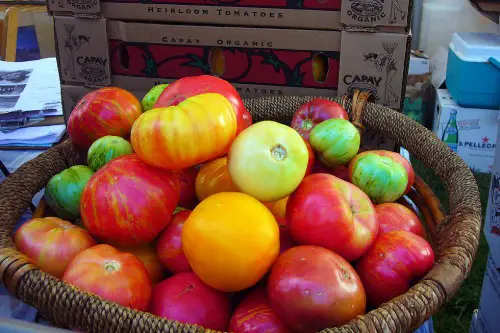
Heirloom tomatoes are marketed as the pinnacle of sustainable produce—non-GMO, locally grown, and bursting with flavor. They’re often sold in rustic crates or eco-friendly packaging, reinforcing the artisanal vibe. Influencers rave about their “farm-to-table” authenticity. It’s tomato worship with a side of virtue.
But they’re rarely grown near urban centers, meaning shoppers often drive hours to rural markets. The carbon footprint of the trip outweighs the savings from pesticide-free farming. The crate may be reclaimed—but the gas isn’t. And yes, your Prius still burns fuel.
2. Raw Milk in Glass Bottles
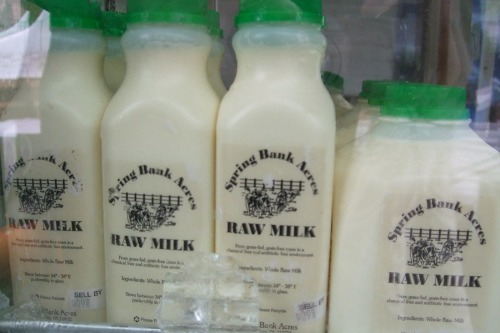
Raw milk is framed as a wholesome, sustainable alternative to pasteurized dairy—sold in reusable glass bottles and sourced from small farms. Advocates tout its nutritional benefits and ethical sourcing. It’s nostalgia in liquid form. The aesthetic screams purity.
Yet most states restrict raw milk sales, forcing buyers to travel to specific counties or farm stands. The journey often involves long drives and cooler logistics. The bottle may be reusable—but the trip isn’t. And yes, your “sustainable” milk comes with highway miles.
3. Handmade Beeswax Wraps
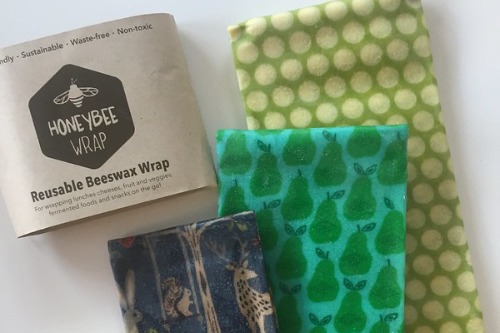
Beeswax wraps are marketed as eco-friendly replacements for plastic wrap—biodegradable, reusable, and often printed with charming patterns. They’re sold at farmers markets and craft fairs as part of the zero-waste lifestyle. It’s sustainability with a Pinterest filter. The vibe is wholesome.
But many buyers drive long distances to find the “right” vendor or design. The wraps may reduce kitchen waste—but the sourcing isn’t always local. The carbon footprint of the hunt undermines the mission. And yes, your sandwich could’ve stayed in a Tupperware.
4. Pasture-Raised Eggs with Handwritten Labels
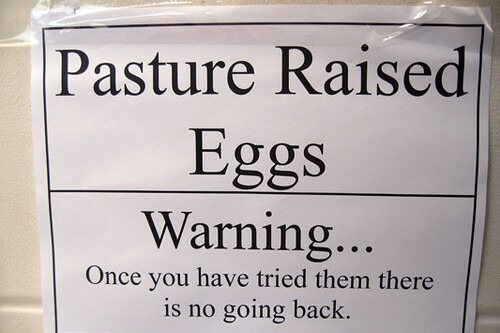
Pasture-raised eggs are sold as the ethical gold standard—hens roaming freely, fed organic grain, and producing nutrient-rich yolks. The cartons often feature handwritten labels or farm stories. It’s breakfast with a conscience. The eggs feel personal.
But these farms are often far from cities, requiring long drives for pickup or market access. The sustainability of the eggs is offset by the emissions of the journey. The label may be charming—but the gas receipt isn’t. And yes, your dozen eggs came with a tank refill.
5. Small-Batch Goat Cheese
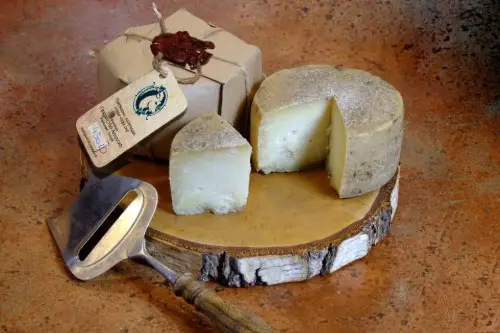
Goat cheese from local farms is marketed as sustainable, artisanal, and gut-friendly. It’s sold in wax paper or compostable containers, often with hand-drawn logos. The flavor is tangy, and the branding is earthy. It’s dairy with a halo.
But small-batch producers rarely distribute widely, meaning customers drive hours to weekend markets or farm stores. The cheese may be ethical—but the commute isn’t. The batch is small—but the impact isn’t. And yes, your snack came with a scenic detour.
6. Organic Wool Dryer Balls
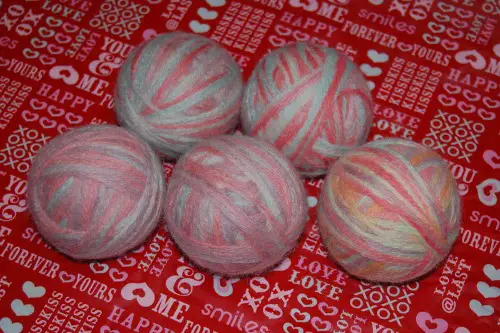
Wool dryer balls are pitched as a sustainable alternative to dryer sheets—natural, reusable, and chemical-free. They’re often handmade and sold at eco-markets or farm stands. The branding leans into minimalism and purity. It’s laundry with a conscience.
Yet many buyers travel far to find “locally sourced” wool or specific artisan vendors. The product may reduce waste—but the sourcing adds emissions. The ball is soft—but the irony is sharp. And yes, your laundry helper took a road trip.
7. Wildflower Honey in Mason Jars
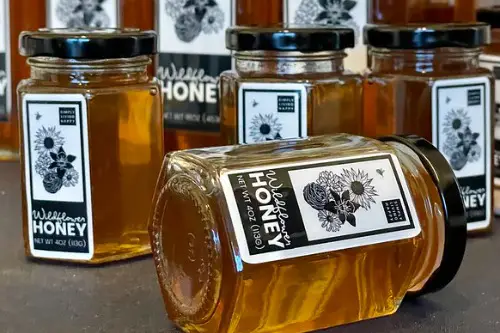
Wildflower honey is sold as a sustainable sweetener—local, raw, and bee-friendly. It’s packaged in mason jars with twine and labels that mention pollinator health. The taste is floral, and the branding is folksy. It’s sugar with soul.
But true wildflower honey is often sourced from remote apiaries, requiring long drives to farmers markets or seasonal pop-ups. The jar may be reusable—but the journey isn’t. The bees are local—but you aren’t. And yes, your toast topping came with highway miles.
8. Handmade Soap with Local Herbs
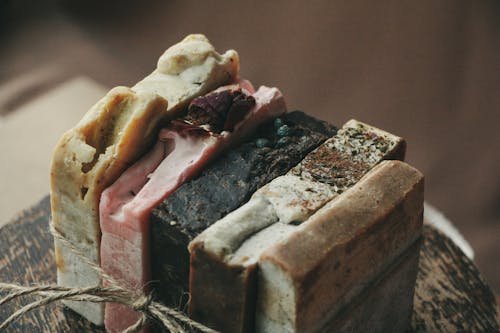
Artisan soaps made with local herbs are marketed as sustainable self-care—free of parabens, sulfates, and synthetic dyes. They’re sold at farmers markets and craft fairs, often wrapped in recycled paper. The scents are earthy, and the branding is poetic. It’s hygiene with heritage.
But sourcing these soaps often involves driving to niche vendors or seasonal events. The soap may be clean—but the trip isn’t. The herbs are local—but the buyer isn’t. And yes, your lavender bar came with exhaust fumes.
This post 8 Things Marketed as “Sustainable” That Involve Driving Three Hours to a Farmer’s Market was first published on American Charm.


